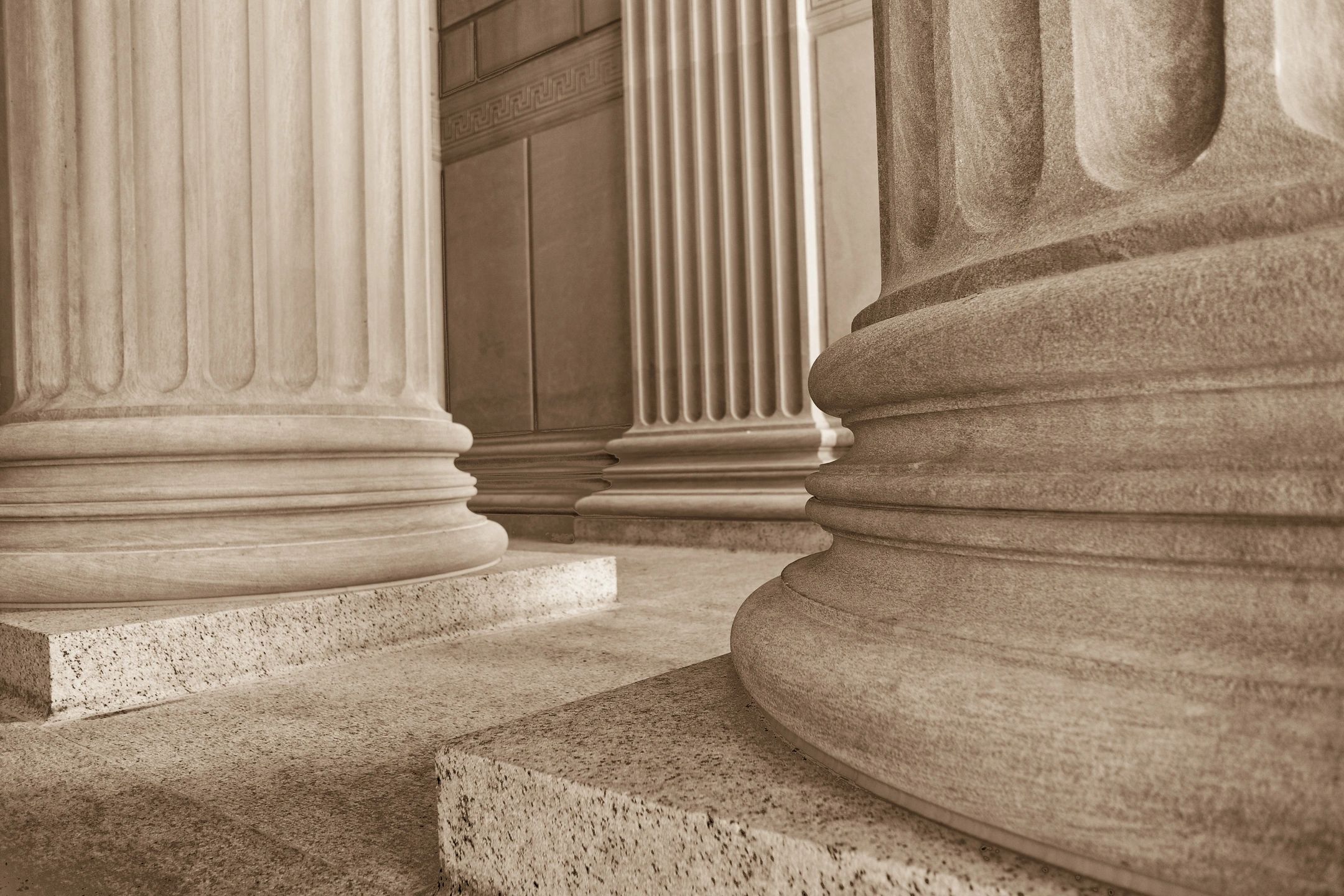
Senator Brent Hoffman, a freshman Senate Republican from Sioux Falls, is advocating for stricter term limits in South Dakota and wants voters to have the opportunity to decide on the matter.
He has formed an organization called South Dakotans for Term Limits to support a ballot question that would restrict lawmakers to a maximum of 16 years in office. This would involve serving eight years in the House of Representatives and eight years in the Senate. Currently, lawmakers in South Dakota are limited to eight consecutive years in either chamber.
The Secretary of State’s Office has approved the ballot question for petition circulation, and if more than 35,000 South Dakotans sign the petition, the question will appear as a constitutional amendment on the November 2024 election ballot. Senator Hoffman stated that he was motivated to pursue this initiative based on the concerns of his constituents.
South Dakota’s current term limit system allows lawmakers to serve an indefinite number of years if they take a break in service between chambers. The proposed stricter term limits aim to address this issue. While the 1992 term limit system was approved by voters with 64% support, a 2008 measure that sought to remove term limits was defeated by a margin of 76% to 24%.
If successful, South Dakota would join a few other states with lifetime term limit rules. Each state with such rules has different limitations on how long a lawmaker can serve in a particular chamber. For example, Missouri prohibits individuals from running for the state house after serving eight years in the House and eight years in the Senate.
Senator Hoffman believes that introducing a term limit bill during the state’s legislative session would not yield favorable results and argues that term limits can only be achieved through a ballot initiative. He compares the proposed stricter term limits to the constitutional restriction on the presidency, where individuals can serve a maximum of eight years. Hoffman asserts that stricter term limits would help combat political elitism and prevent the institutionalization of the democratic process.
